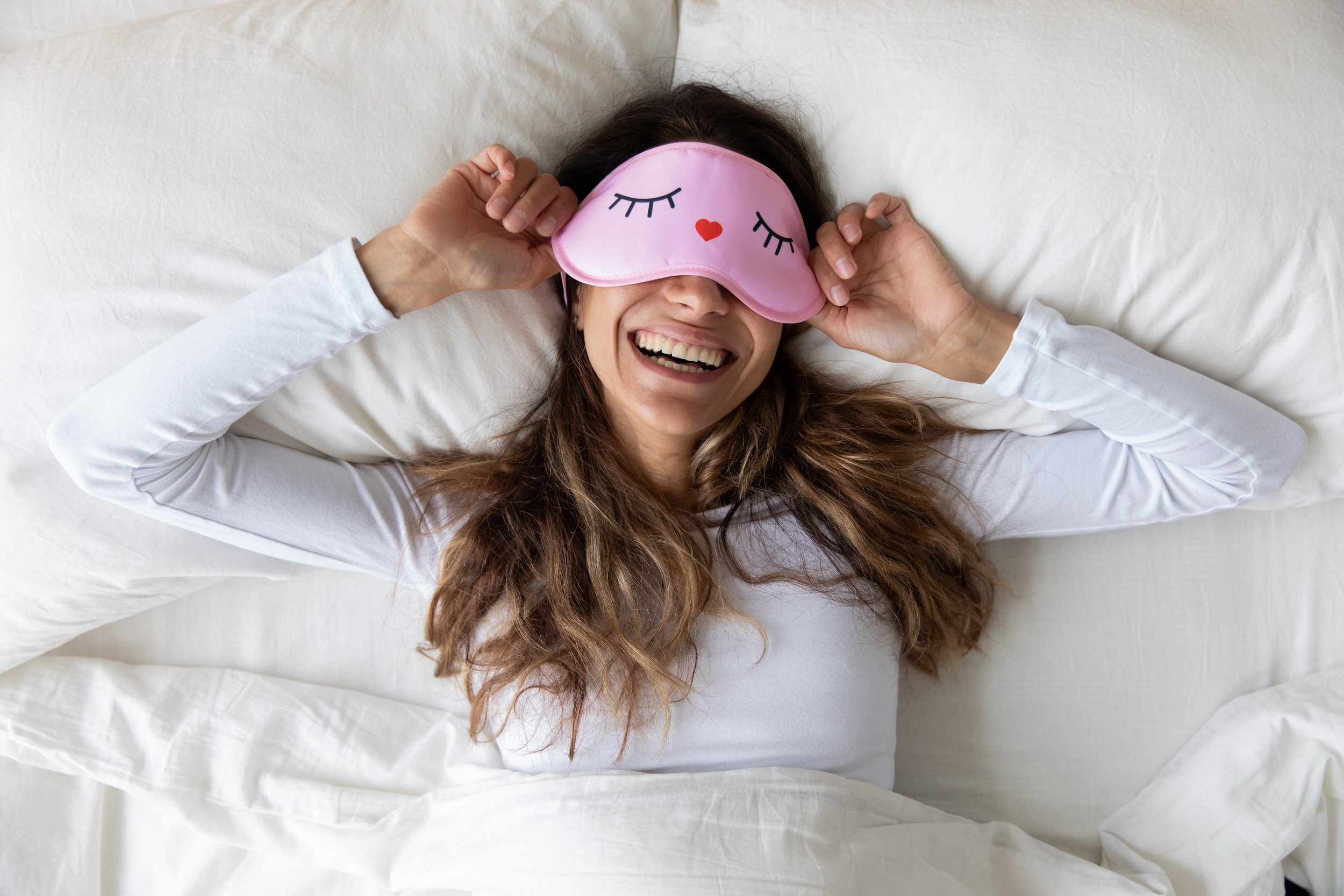
Frequently Asked Questions
We Want To Help You Understand Sleep and Its Impact
1
Have you Been Diagnosed With a Sleep Disorder?
If the answer is Yes- we will work on getting all necessary documentation sent to our office
If the answer is No- We will see you for a consult to determine what type of treatment may be needed and what testing may be needed.
2
Personalized Diagnosis and Care
We will work with you, your general dentist, your primary care physician and your sleep physician to tailor treatment to your personal situation.
Collaboration and communication is key to the treatment of Sleep Apnea, Snoring and TMJ conditions
3
Treatment and Followup
Once the correct treatment has been identified for your snoring or sleep apnea we will work with you to ensure treatment is as effective as possible.
This is include followup visits either in person or via telemed and communication with your sleep physician, general dentist and other members of your healthcare team.
FAQs
What is obstructive sleep apnea (OSA)?
Obstructive sleep apnea (OSA), commonly called sleep apnea, is a sleep disorder in which a person ceases to breathe multiple times throughout the night due to partially or completely blocked airways. The condition occurs when the tongue or throat tissues intermittently relax and block the airway during sleep.
What are common symptoms of sleep apnea?
Common symptoms include snoring, frequent breaks in breathing, daytime sleepiness or fatigue, morning headaches, restless sleep, depression, frequent nighttime urination, acid reflux and irritability.
How is sleep apnea diagnosed?
A certified sleep specialist will diagnose sleep apnea based on a review of family and medical history, a physical exam, and a sleep study. Sleep studies can be done in a sleep lab or at home with a portable monitor.
How is sleep apnea treated?
Sleep apnea treatment options include:
Oral appliance therapy - A custom-fit oral device available through Sleep Better South Dakota is a highly effective, non-invasive option for sufferers of sleep apnea and snoring. The device fits similar to a sports mouthguard and is comfortable, quiet, and easily portable for travel.
Continuous positive airway pressure (CPAP) machine - CPAP is the most commonly prescribed treatment for sleep apnea. The machine forces continuous airflow through your nose to prevent the airway from collapsing when muscles relax during sleep. This results in a continuous oxygen level throughout the night. Unfortunately, many wearers do not or cannot tolerate the machine for various reasons and seek alternative forms of treatment.
Surgery - Surgery is performed to remove or reposition the tissues in the throat to stop blockage of the airway.
What are the risks of untreated sleep apnea?
If left untreated, sleep apnea can lead to a number of serious health issues such as high blood pressure, heart disease, stroke, diabetes, and depression.
How Common is Sleep Apnea?
It is estimated that 22 million people in the US suffer from sleep apnea, yet as many as 80% of cases of moderate to severe obstructive sleep apnea remain undiagnosed or misdiagnosed as other ailments.
What causes snoring and could it be a symptoms of a greater sleep issue?
Snoring is caused by a blockage in the nasal or throat cavity that restricts the passage of air and one’s ability to breathe easily. Poor muscle tone can cause the tongue or throat tissues to relax and narrow the passageway.
Occasional snoring is likely not a sign of underlying problems. Frequent snoring, on the other hand, may be a symptom of sleep apnea, a sleep disorder defined by intermittent cessation of breathing while asleep.
What are the risks of untreated snoring?
Snoring can cause strain on the heart, leading to high blood pressure, heart attack, or stroke. Snoring can also cause low oxygen levels in the blood, which can lead to pulmonary hypertension.
How do sleep appliances treat sleep apnea and/or snoring?
Oral appliances support the jaw in such a way that prevents the throat muscles and tissues, and the tongue from falling back into the airway and causing obstruction of airflow during sleep.
What are the advantages of an oral sleep appliance?
Oral appliances are a highly effective, non-invasive treatment option for snoring and sleep apnea. Devices are comfortable, quiet, easy-to-wear, easy to clean, compact, and portable for travel. Many wearers find them more tolerable - and often more effective - than a CPAP machine.
Are there possible side effects of wearing a sleep appliance?
Each appliance is custom-fit to the wearer by Dr. Held or Dr. Bolen to significantly reduce the possibility of a patient experiencing side effects. When they do occur, side effects are typically minor, particularly when considering the risks of leaving the disorder untreated or ineffectively treated. Side effects may include jaw or tooth discomfort, excessive salivation, or dry mouth. Changes in bite or TMJ symptoms are rare, but also possible.
Are sleep appliances covered by my medical insurance?
Oral appliances are covered by most medical insurances. We work closely with patients and their insurance to obtain pre-authorization and to ensure that coverage amounts, including any out-of-pocket costs, are fully disclosed and understood prior to treatment. If you have a traditional Medicare plan with a separate supplemental policy, treatment is almost always at no cost to you.
